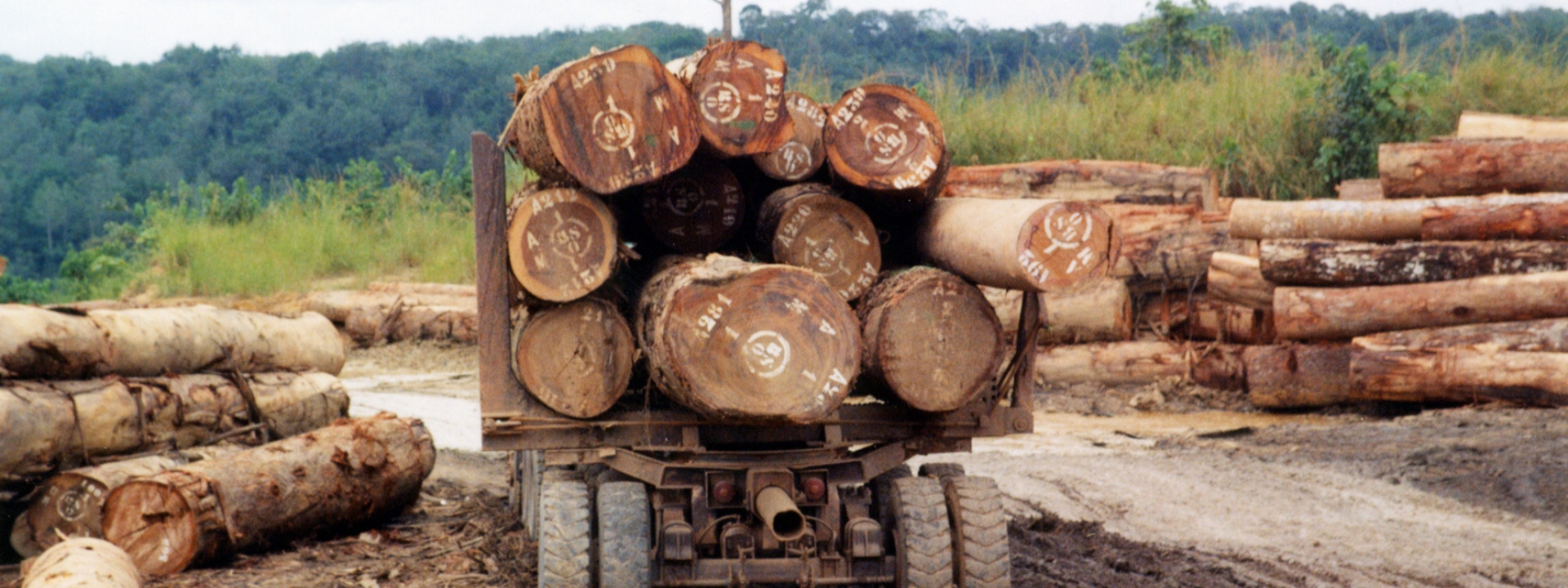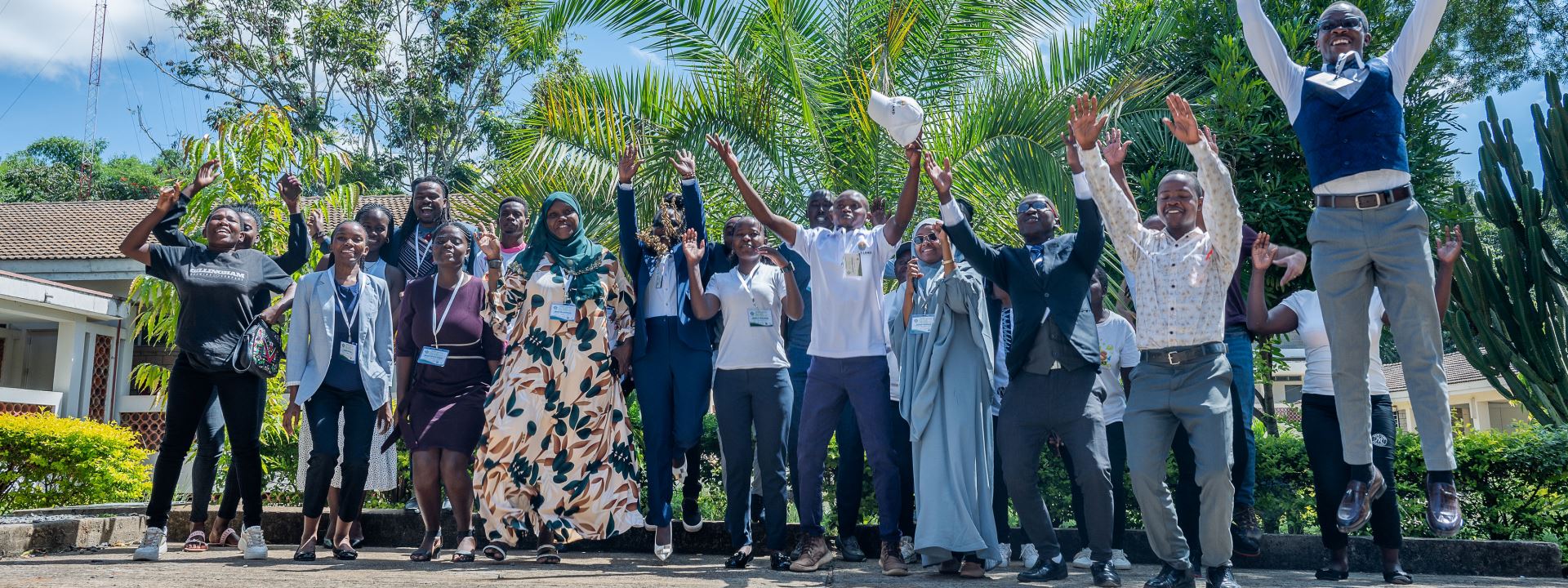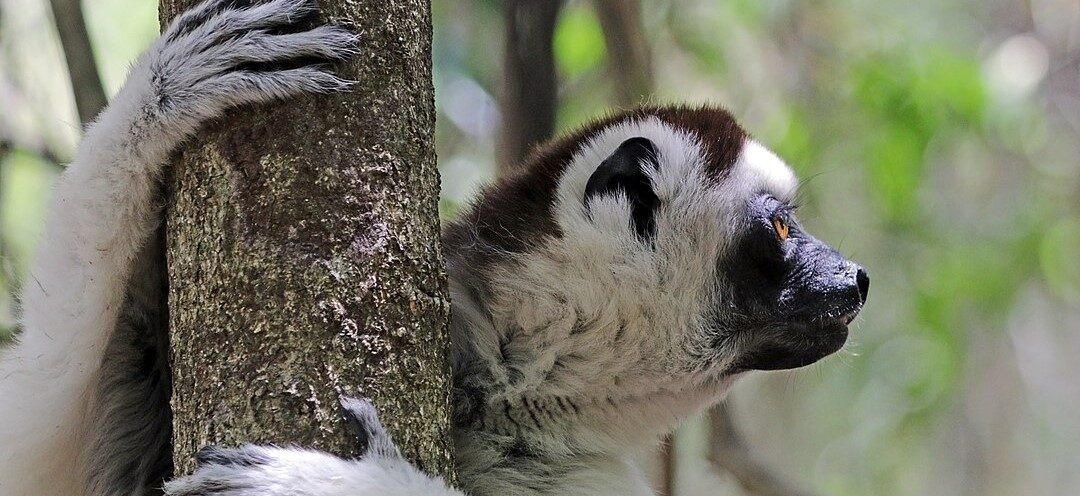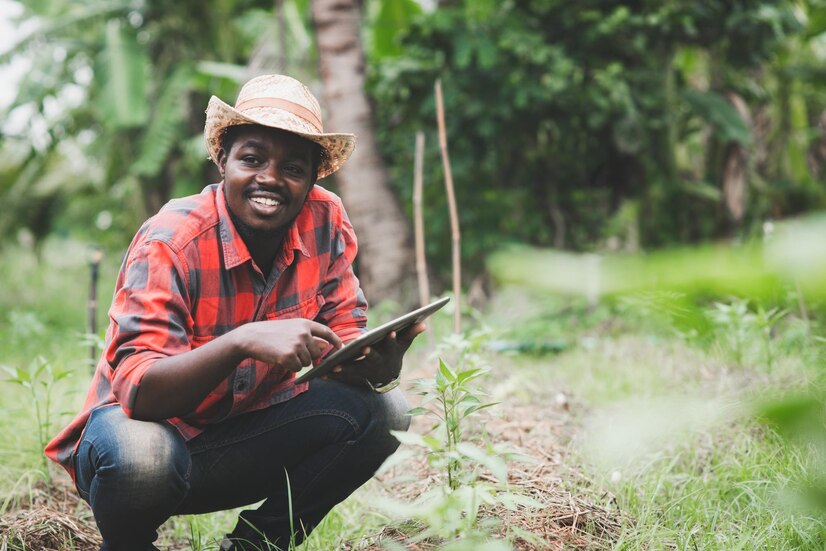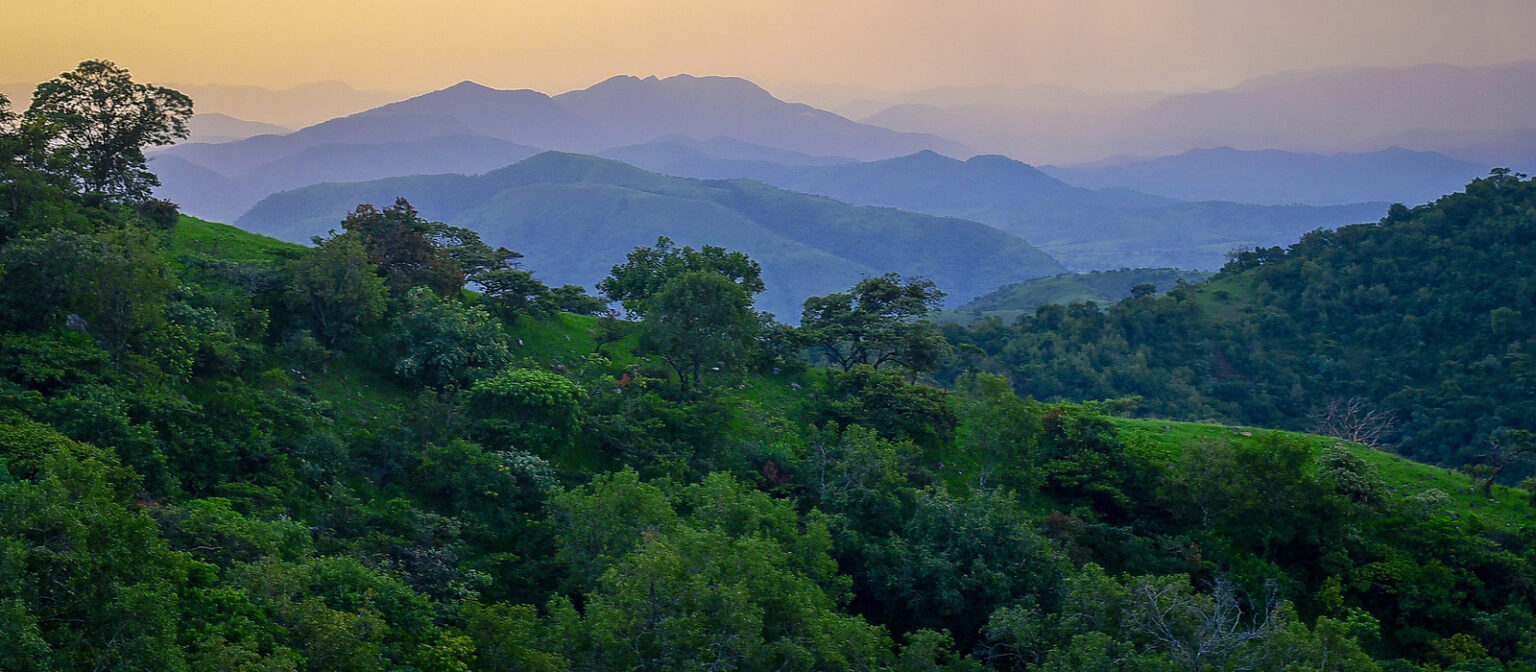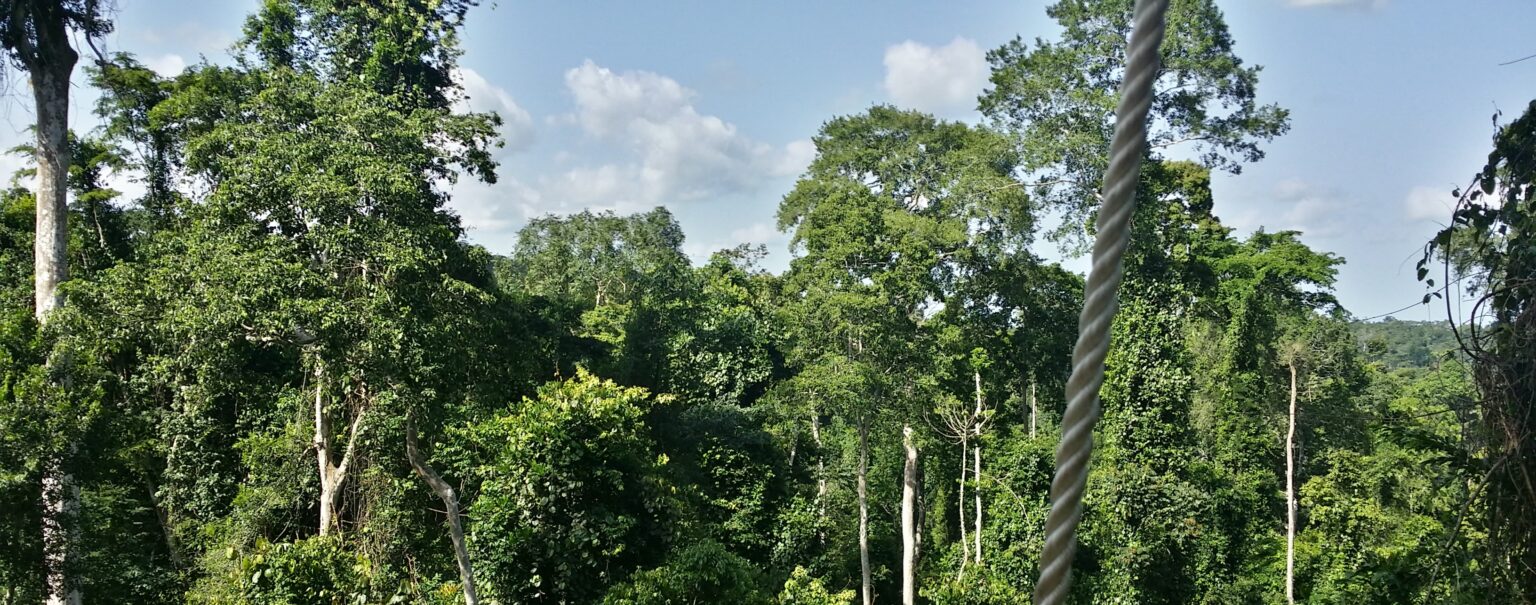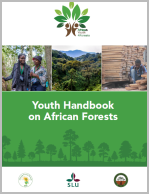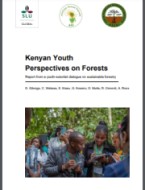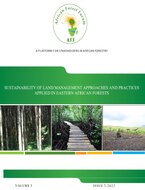Welcome to the African Forest Forum
AFF voices the concerns of African forestry stakeholders, and to use science, indigenous knowledge, and experience to advocate for increasing relevance of forests and trees outside forests to peoples’ livelihoods, national economies and the stability of the environment.
AFF Programme Areas
Overview of AFF activities
Our Resources
Explore our Vast Resources
Membership
Become an AFF member
In Focus
Latest News
View MorePublications
View MoreEvents
View More
20th Ordinary Session of the African Ministerial Conference on the Environment (AMCEN-20)
14/07/2025 - 18/07/2025
UNON Complex, Nairobi, Kenya

Community of Practice: Facilitating Advocacy for Smallholders in the Swiss Policy Debate
15/07/2025 - 17/07/2025
Virtual (via Howspace)

5th Meeting of the Conference of the Contracting Parties to the Ramsar Convention on Wetlands (COP15)
21/07/2025 - 23/07/2025
Victoria Falls, Zimbabwe



